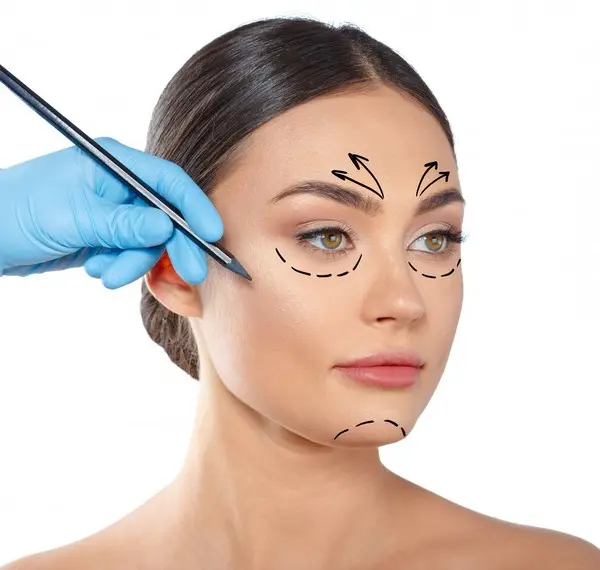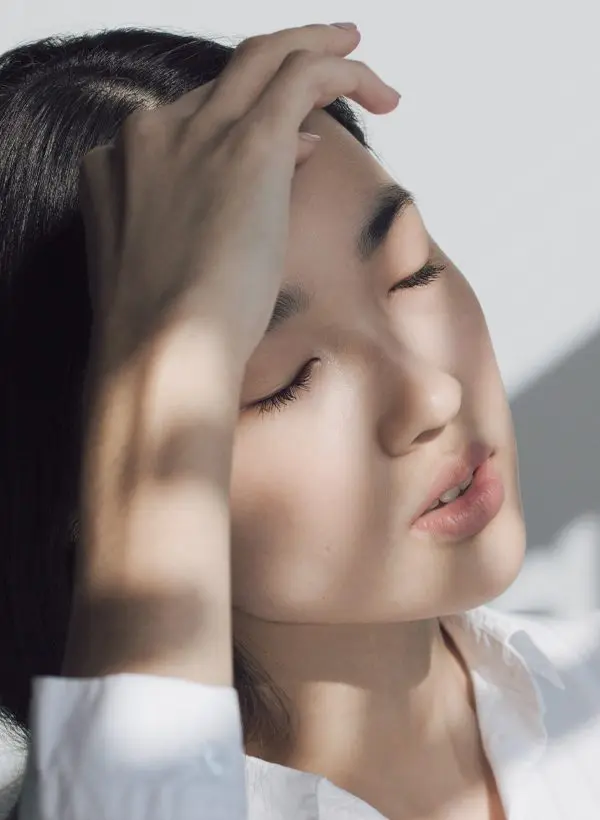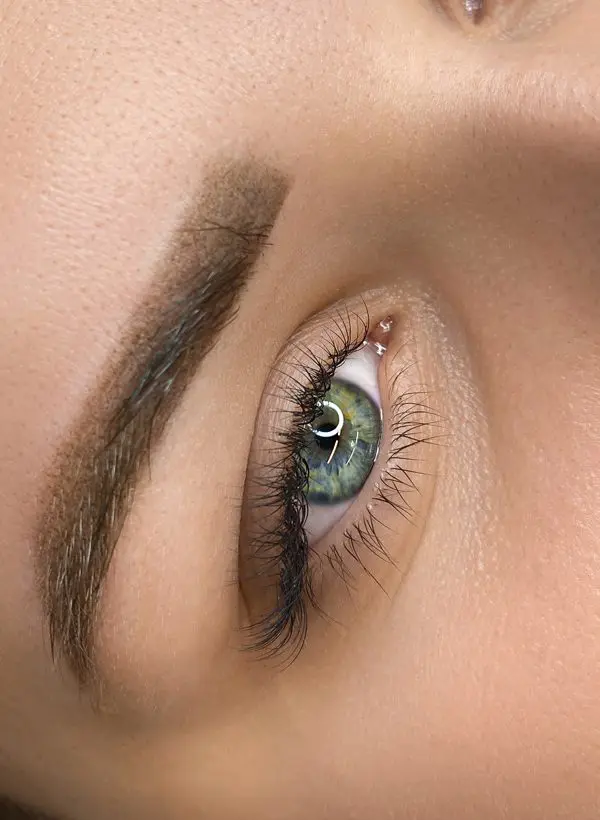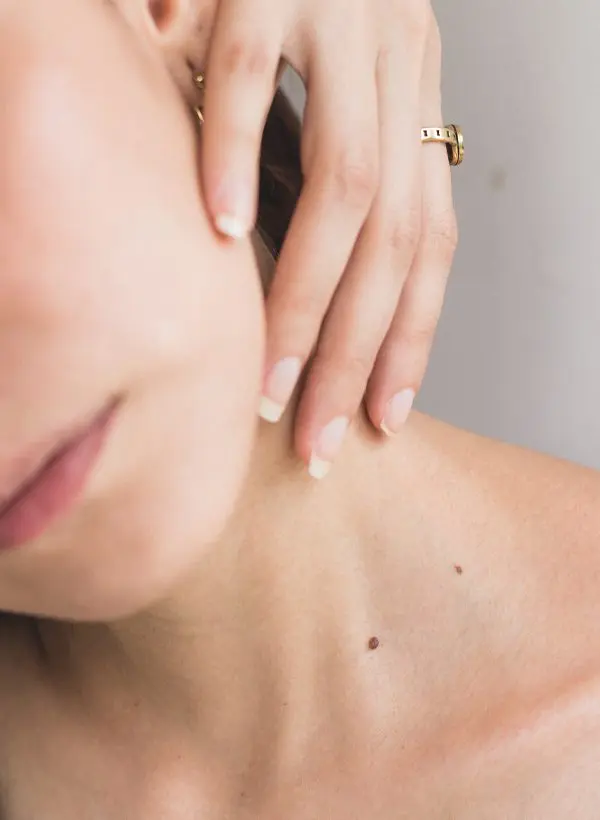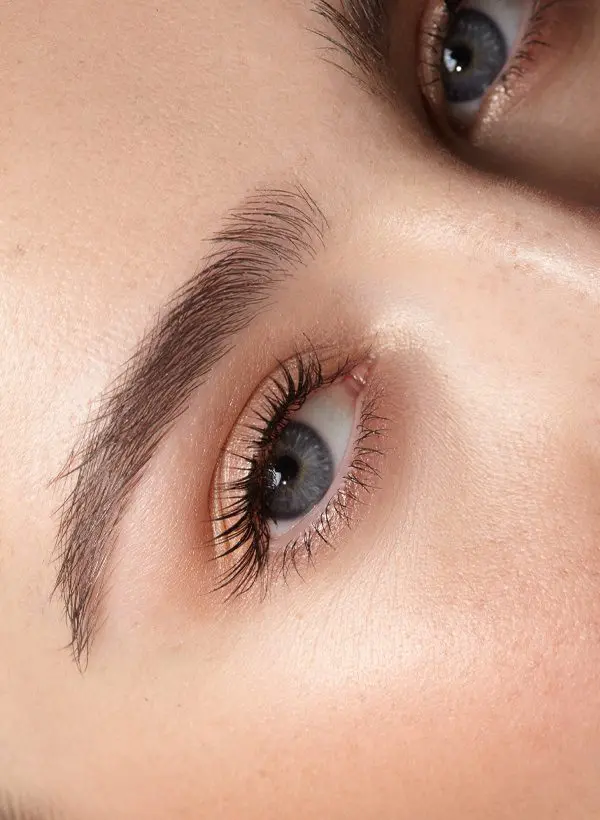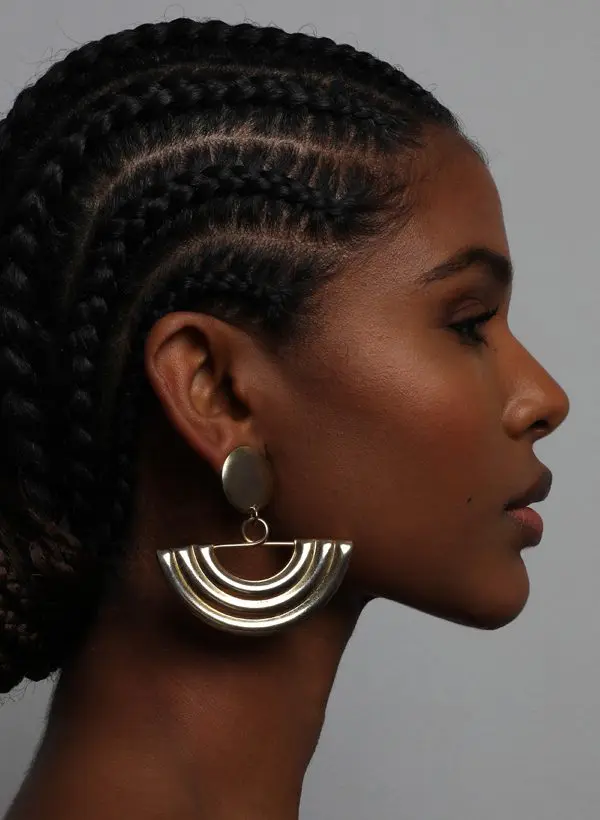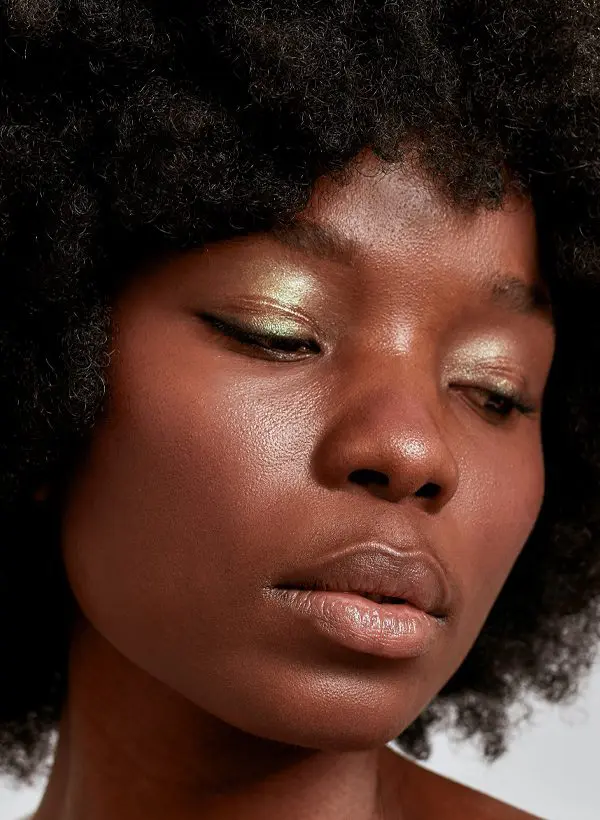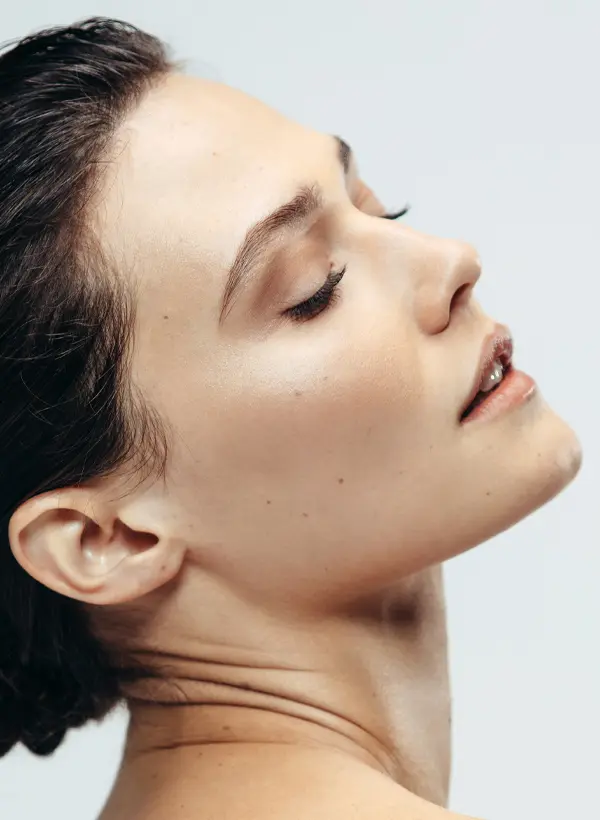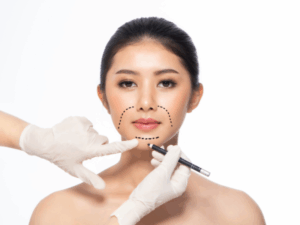CONDITIONS — FACE
Prominent Ears
Prominent ears are a common medical condition that affects many people of all ages. Prominent ears are caused by an abnormality in the structure of the outer ear, resulting in ears that protrude from the head. This can cause the ears to be larger than normal and may be accompanied by an extra fold of skin. Prominent ears can cause emotional distress and embarrassment in those affected. It is important to note that this condition is not dangerous or life-threatening, but can be a source of significant emotional distress for those affected. If a person is upset by the appearance of their prominent ears, there are several surgical and non-surgical treatments available. Non-surgical treatments, such as the use of ear molds, can help to reshape the ears and reduce the appearance of protrusion.
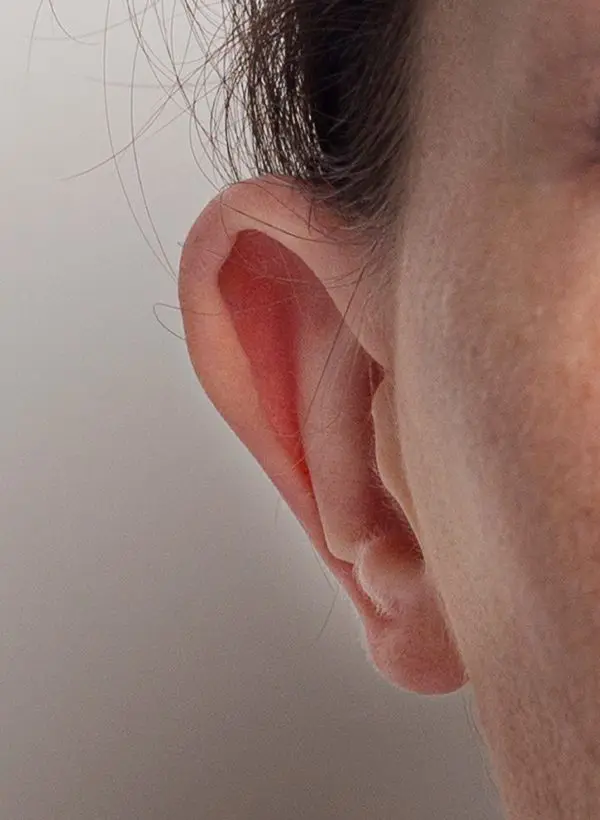
Overview
Achieving a well-refreshed face is a common aesthetic goal for the majority of individuals seeking to enhance their overall appearance and boost self-confidence. A harmoniously sculpted facial contour not only contributes to a youthful and vibrant look but also reflects one’s inner vitality and health.
Surgical treatments, such as otoplasty, can also be used to reduce the size of the ears and reposition them closer to the head. No matter what treatment is chosen, the goal is to improve the appearance of the ears and reduce any associated emotional distress. With the right treatment, those with prominent ears can find relief and feel more confident in their appearance.
The Plastic Surgery Management of Prominent Ears
Prominent ears, medically known as auricular protrusions, are a common congenital condition that affects both children and adults. This condition is characterised by ears that protrude away from the head instead of lying flat against it. While this condition is not life-threatening, it can cause significant emotional distress, as it can affect a person’s self-esteem and confidence. Fortunately, there are several plastic surgery treatments available to address this condition.
Non-Surgical Options
For mild cases of prominent ears, non-surgical treatment options may be recommended. Non-surgical treatments can help reshape the ear and reduce the appearance of protrusion. These treatments include the use of ear molds, which can be custom-made to fit the individual’s ear shape. These molds help reshape the ear, making it appear less prominent. In addition, non-surgical treatments such as dermal fillers can be used to help fill any creases or folds in the ear that may be contributing to the protrusion.
Surgical Options
If non-surgical treatments are not sufficient to reshape the ear or reduce the appearance of protrusion, surgical treatment may be recommended. The most common surgical procedure used to treat prominent ears is otoplasty. During this procedure, the surgeon will make small incisions in the ear and then reshape the cartilage and/or skin. The goal of otoplasty is to reduce the size of the ear and reposition it closer to the head. This can help reduce the appearance of protrusion and make the ear less noticeable.
Recovery
After surgery, the patient will need to wear a headband or other type of bandage for several weeks. This will help keep the ear in its proper position as it heals. In addition, the patient may need to avoid activities that put pressure on the ears, such as wearing hats or sleeping on their side. After the initial recovery period, the patient can usually return to their normal activities.
Conclusion
Prominent ears can cause significant emotional distress and embarrassment in those affected. Fortunately, there are several plastic surgery treatments available to address this condition. Non-surgical treatments, such as the use of ear moulds, can help reduce the appearance of protrusion. For more severe cases, surgical treatment, such as otoplasty, may be recommended. With the right treatment, those with prominent ears can find relief and feel more confident in their appearance.
Facelift Condition
- Tired Eyes
- Facial Ageing
- Facial Volume Loss
- Wide / Square Jaw
- Gummy Smile
- Chin Augmentation
- Jawline Rejuvenation
- Jowls
- Teeth Grinding
- Eye Bags
- Drooping Brow
- Drooping Eyelids
- Double Chin
- Nasolabial Folds
- Premature Ageing
- Wrinkles
- Crows Feet
- Frown Lines
- Forehead Lines
- Drooping Mouth / Marionette Lines
- Thin Lips
- Gaunt Cheeks
- Prominent Ears
- Sagging Neck
- Turkey Neck
Related Treatments
Patient Testimonials
News & Resources

Deep Plane Facelift Scars
Facelift Deep Plane Facelift Scars Healing Timeline: Week-by-week guide Wondering what happens to your deep plane facelift scars after surgery? Healing is a gradual process, and each week brings noticeable changes. Deep plane facelift scars typically heal following a predictable timeline, and understanding this process can help you manage swelling,

What is Breast Enlargement Surgery in Dubai
BREAST LIFT What is Breast Enlargement Surgery in Dubai and How Does it Work? Enhancing confidence through breast enlargement surgery in Dubai Breast enlargement surgery in Dubai has become one of the most sought-after cosmetic procedures for women seeking to enhance their shape, restore volume, or achieve more balanced body
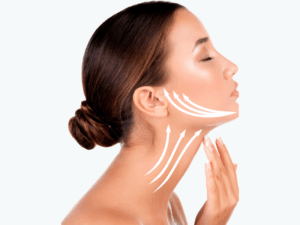
What is a deep plane neck lift?
neck What is a deep plane neck lift? The neck plays an important role in framing the face, but it’s also one of the first areas to show signs of ageing. Loose skin, visible muscle bands, and sagging tissue can make the jawline look less defined. A deep plane neck
